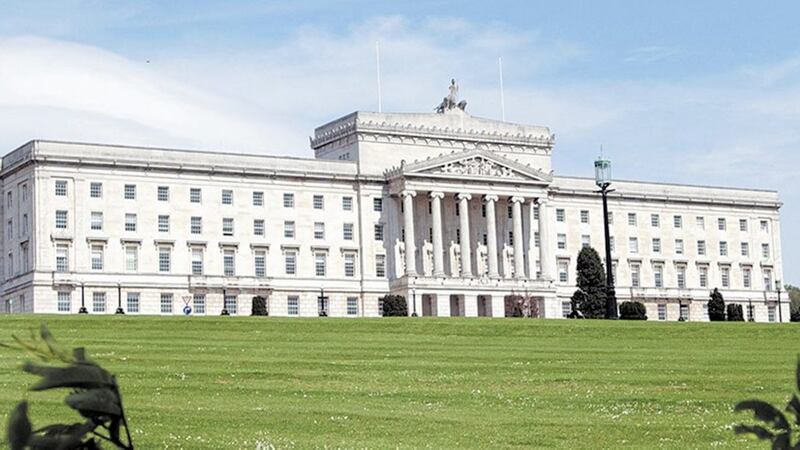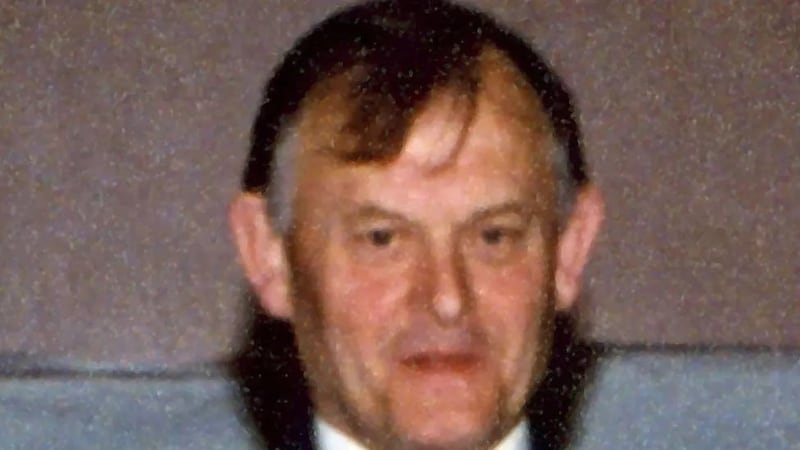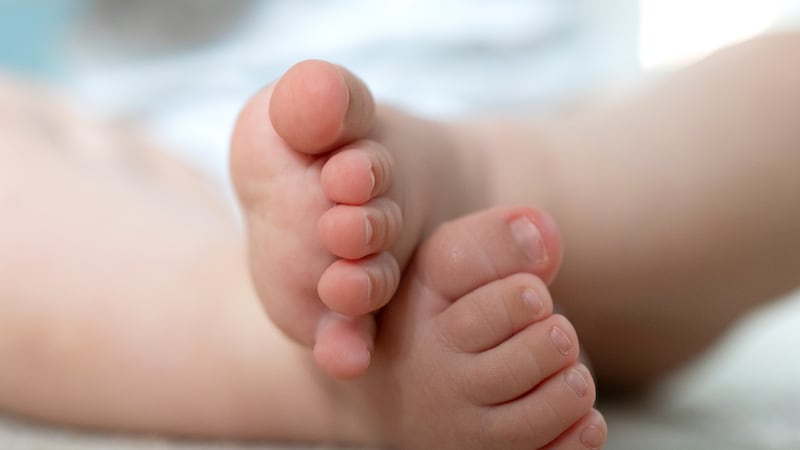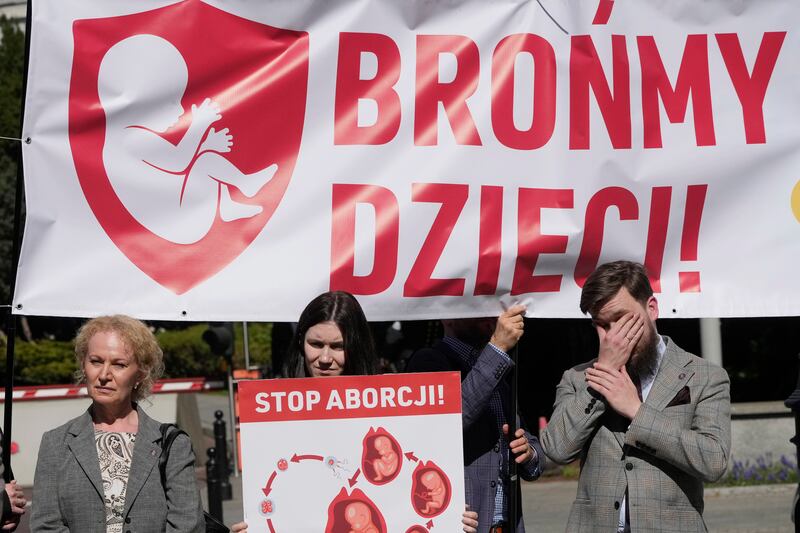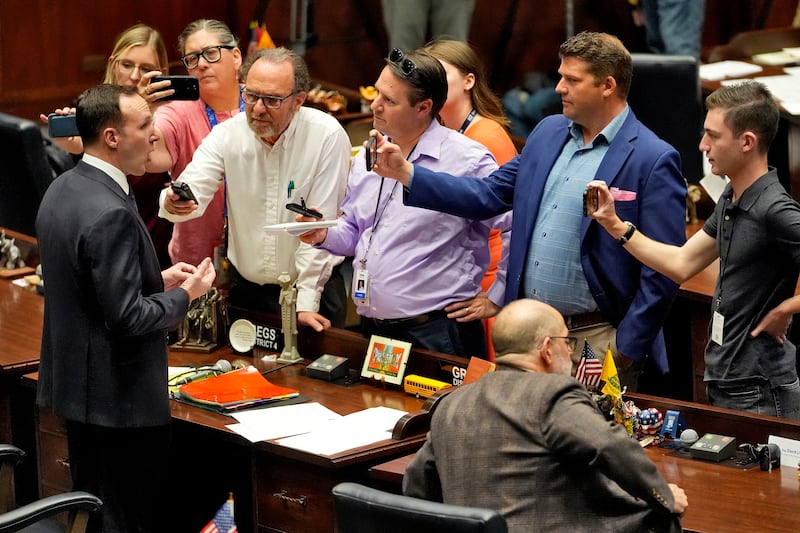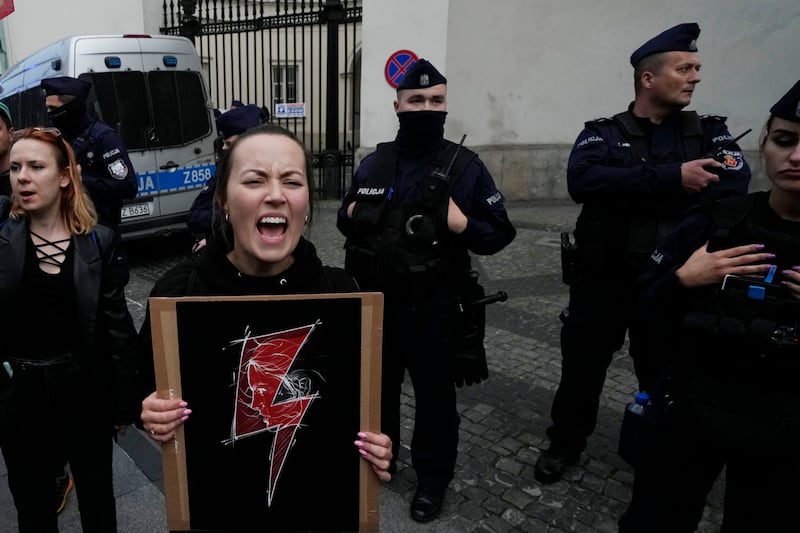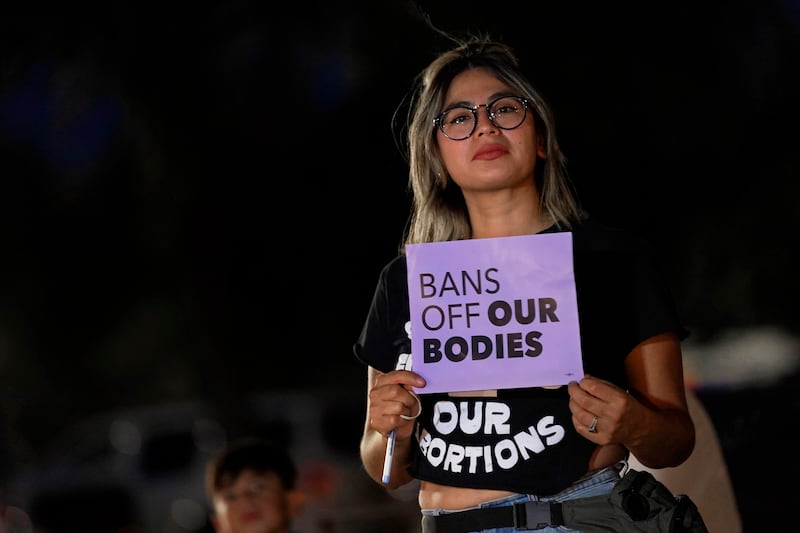A 300,000-signature petition opposing change to Northern Ireland's abortion law is the largest ever presented to the Stormont Assembly, an MLA has said.
The DUP's Jim Wells handed one of 57 boxes full of signatures to Assembly Speaker Robin Newton.
It was presented a week after an Amnesty International petition of 45,000 signatures calling for reform of the region's restrictive abortion laws was given to the Speaker.
Questioning whether those who signed the Amnesty petition all hailed from Northern Ireland, Mr Wells said all 300,000 who put their name to the petition gathered by pro-life group Precious Life had postal addresses here.
"Today I am presenting you with what I believe to be the largest petition ever received by the Northern Ireland Assembly - 300,000 signatures - not 45,000 - 300,000 signatures calling for the protection of unborn children in Northern Ireland," he told Mr Newton.
"These have been signed by Northern Ireland residents who have given their address and can be verified so therefore I believe that this petition is indeed authentic."
South Down MLA Mr Wells said eight million unborn children had been aborted in Britain since the introduction of the current 1967 Act.
"I am absolutely convinced the people of Northern Ireland do not want that law to extend to this part of the United Kingdom," he said.
The two opposing petitions have been handed to the assembly at a time when ministers in the executive are considering the recommendations of an expert panel tasked to examine the ban in respect of cases involving a diagnosis of fatal foetal abnormality.
Deputy First Minister Martin McGuinness has indicated his support for a legislative change in regard to those specific instances.
Abortion is currently only permitted in the north when there is a serious risk to the health of the mother.
In response to Mr Wells' remarks, Amnesty pointed to the outcome of its recent survey which indicated 72% of people in Northern Ireland wanted abortion permitted in cases of incest and rape.
The same study found that 67% supported a woman's right to terminate pregnancy when there had been a diagnosis of a fatal foetal abnormality.
Adrianne Peltz, Northern Ireland campaigner with Amnesty International, said: "It is clear that an overwhelming majority of people in Northern Ireland want to see our abortion laws overhauled."
She added: "We now need legislators of all parties to recognise that Northern Ireland law requires fundamental change if it is to meet internationally-recognised human rights standards.
"United Nations expert bodies have repeatedly called for Northern Ireland law to be changed to decriminalise abortion and to provide for terminations at a minimum where there is a diagnosis of fatal or severe foetal abnormality or where a pregnancy is a result of a sexual crime.
"The current abortion law in Northern Ireland is not only bad, but cruel and inhumane for the women and girls who find themselves denied an abortion."
